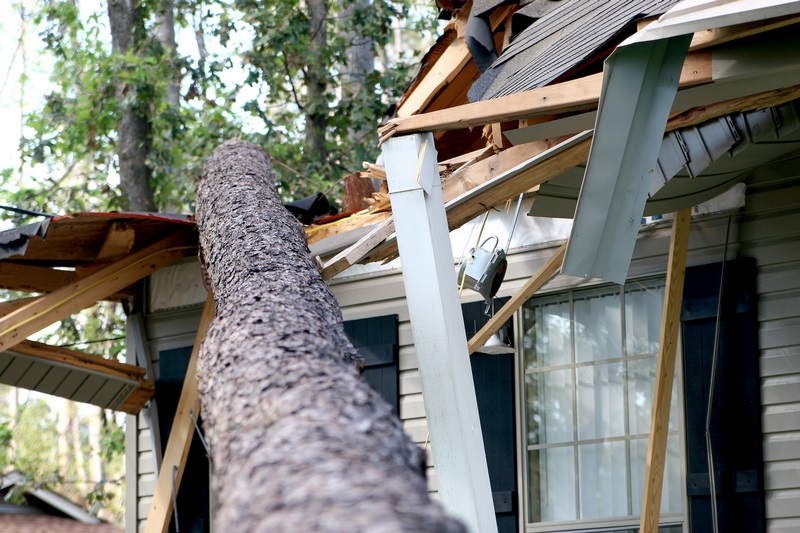
South Africans have borne the brunt of extreme weather in recent months, from gale-force winds and torrential rain to a tornado north of Durban. Devastating events in the Eastern Cape, Free State, KwaZulu-Natal, and Western Cape have been classified as national disasters.
Catastrophic weather events wreak havoc on homes. Strong winds tear off roofs, uproot trees, rip off awnings, and break windows. Heavy rainfall and flooding cause severe water damage, weakening the structure of buildings, and destroying personal belongings.
As a result, many homeowners are gearing up to make insurance claims. This can be challenging and time-consuming if not approached correctly, says Sarah Nicholson, operations manager of JustMoney.co.za, a platform that helps South Africans make good money choices.
Facing damage to your property and possessions can leave you feeling scared and helpless. It’s hard to stay calm under stressful circumstances, but approaching the assessment and claims process methodically can expedite the resolution,” she notes.

JustMoney offers 12 tips for homeowners preparing to submit insurance claims:
Ensure safety first – Before assessing the damage to your house, check for hazards such as fallen power lines or broken structures that could cause an injury. Contact municipal emergency services if necessary.
Mitigate further damage – Take reasonable steps to prevent further damage. This may include covering broken windows, attaching a tarpaulin to a damaged roof, or shutting off the main water supply. Keep receipts for any temporary repairs, as these expenses could be reimbursed.
Document the damage – Take clear, comprehensive photos and videos of affected areas and items.
Make a detailed inventory – List damaged items, noting their condition and additional information such as the purchase date and value. This documentation will be crucial during the claims process.
Check your insurance policy – Read your policy details, and check limits and exclusions. Knowing what your policy covers will help you manage expectations and communicate effectively with your insurer.
Notify your insurance company promptly – Many policies stipulate time limits for filing a claim. Provide your policy number, a description of the damage, the date and time of the event, and the documentation you’ve gathered.
Work with an assessor – The insurer will assign an assessor to inspect the damage and estimate the repair costs. Provide any documents they may require. Follow up regularly to track the progress of your claim.
Inform your broker – If you bought your policy through an insurance broker, they can provide advice and help you negotiate with the insurer if you encounter problems.
Obtain repair estimates – Request estimates from licensed contractors to compare costs and support your claim. Keep detailed records. Note dates, times, and the names of representatives you speak to.
Keep copies of all correspondence, forms, and receipts related to your claim. Request reference numbers and ask for clarification on the next steps in the process.
Be courteous – Calmly describe your problem and the assistance you require. If you encounter obstacles, ask to speak to a supervisor.
Understand your rights – If you believe your claim has been handled unfairly, consult an insurance lawyer or the National Financial Ombudsman, which has taken over disputes that were previously addressed by the Ombudsman for Short-Term Insurance.
Contact the ombudsman on 0860 800 900, or email [email protected].
Preventative maintenance The number and severity of extreme weather events are increasing worldwide, so it’s crucial to take steps to prepare for future adverse incidents, advises Nicholson.
Preventive home maintenance measures could involve upgrading to more durable housing materials, repairing the roof and gutters, trimming or felling trees, and securing outdoor structures. Finally, review your insurance to ensure that your policy protects your assets,” advises Nicholson.
“Consider recent changes in property values, renovations, or additions. Regular reviews help you note any coverage gaps, and identify opportunities to optimise premiums.”
JustMoney.co.za is a trusted voice within the personal finance sector. The JustMoney platform offers articles, money management tools, and a wide range of financial products and services. More than 450,000 South Africans subscribe to the free credit score platform to stay informed and become financially savvy.

